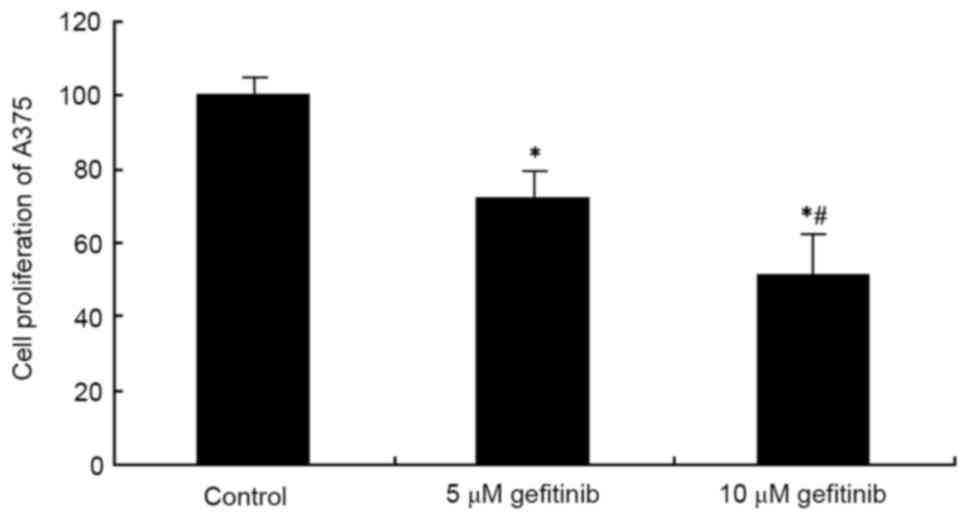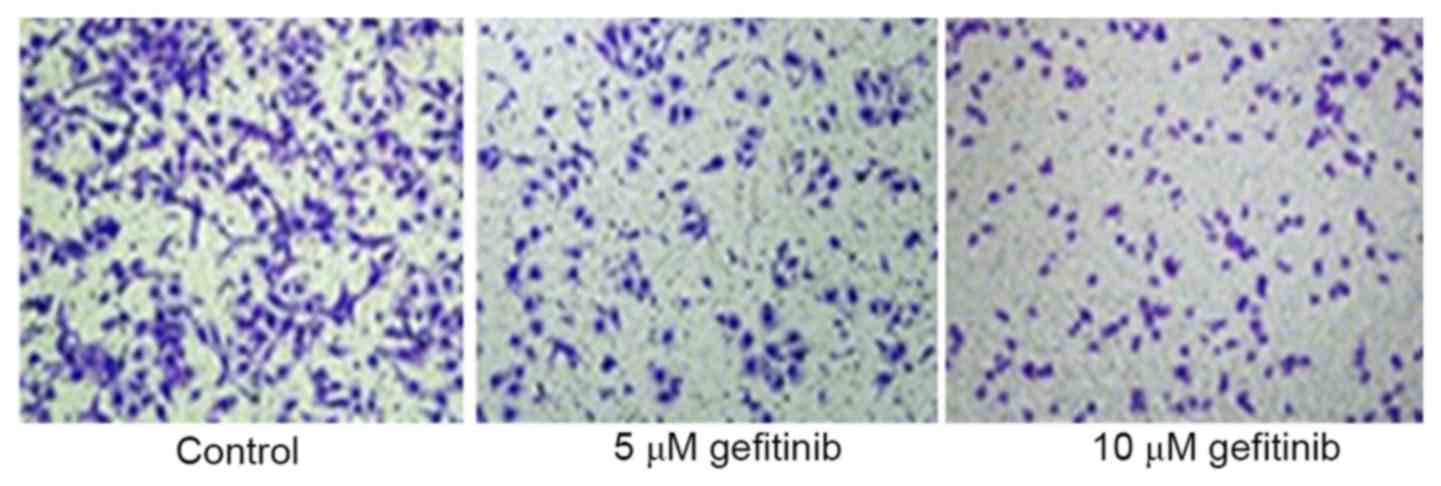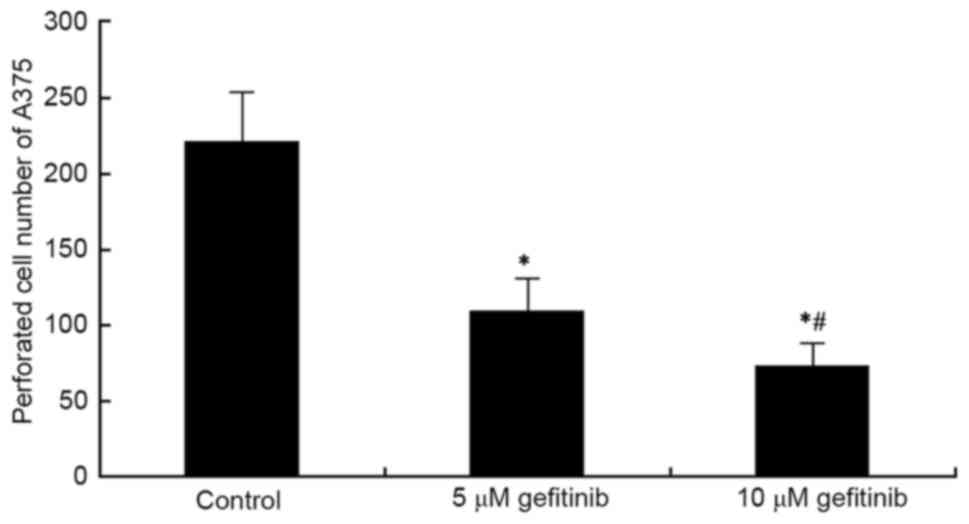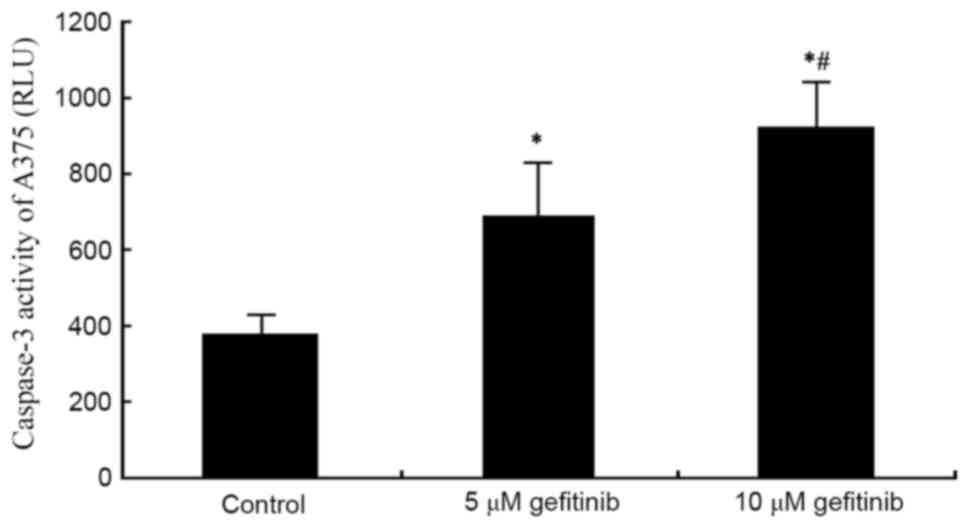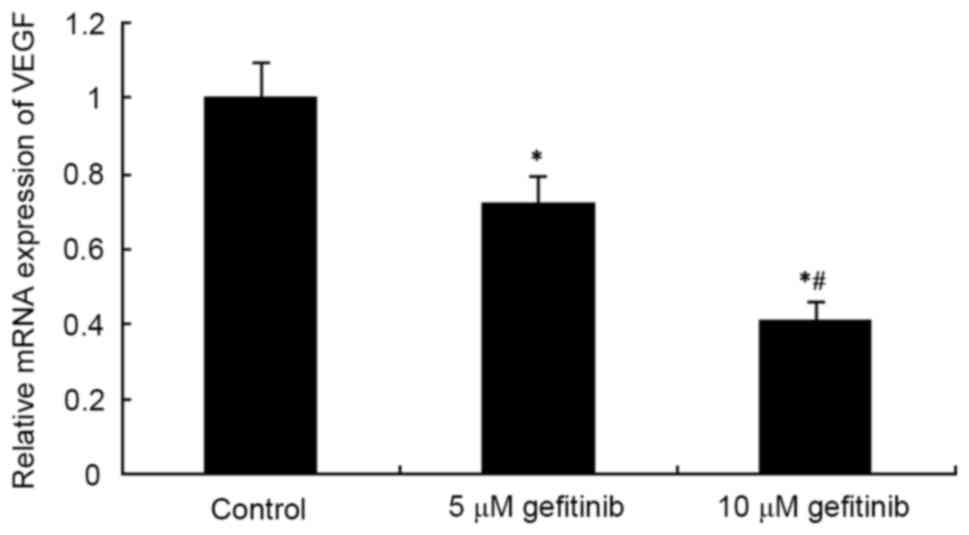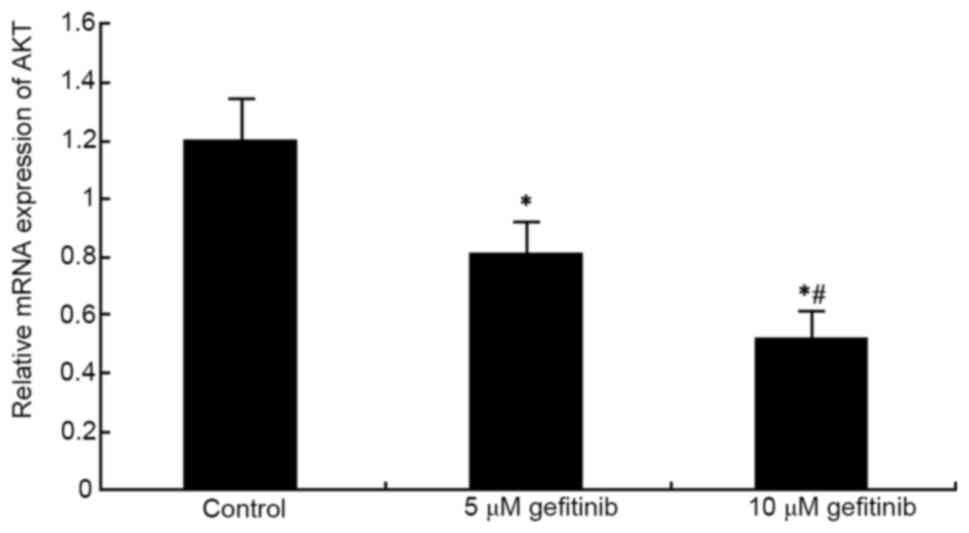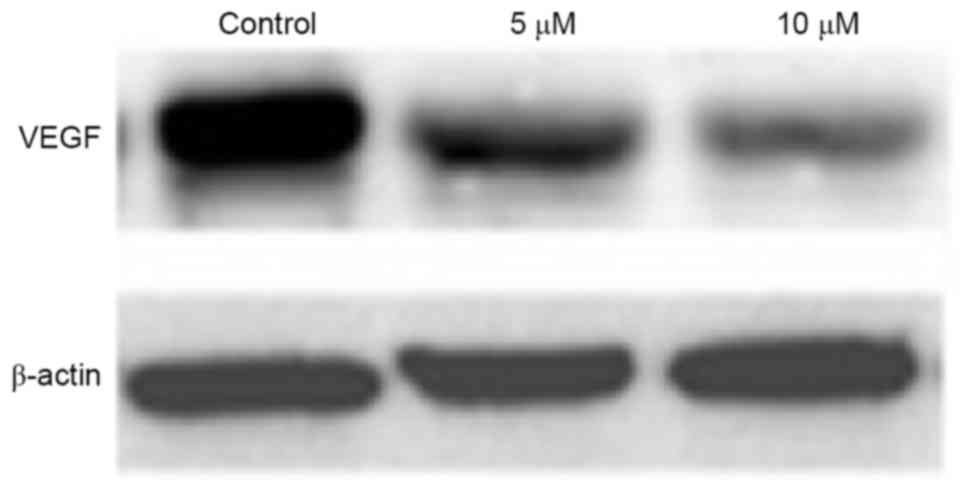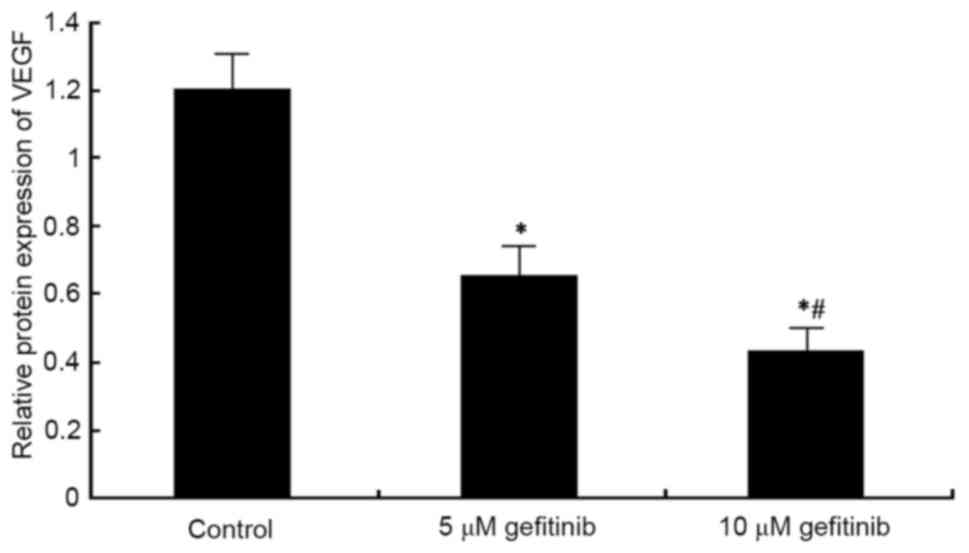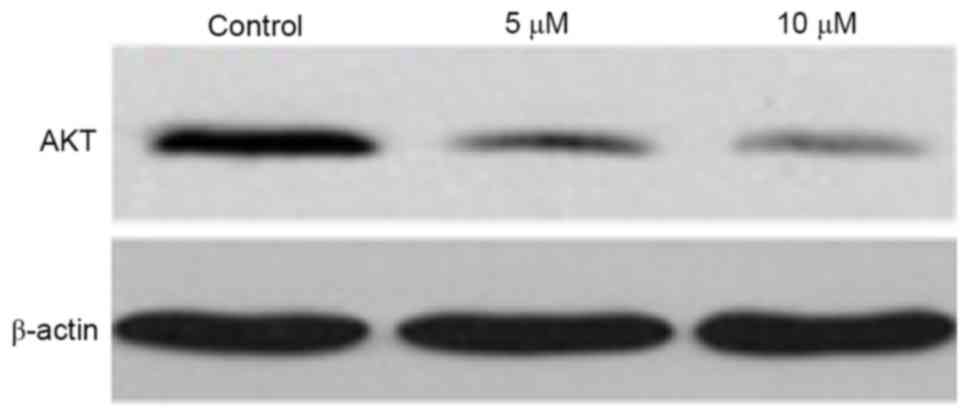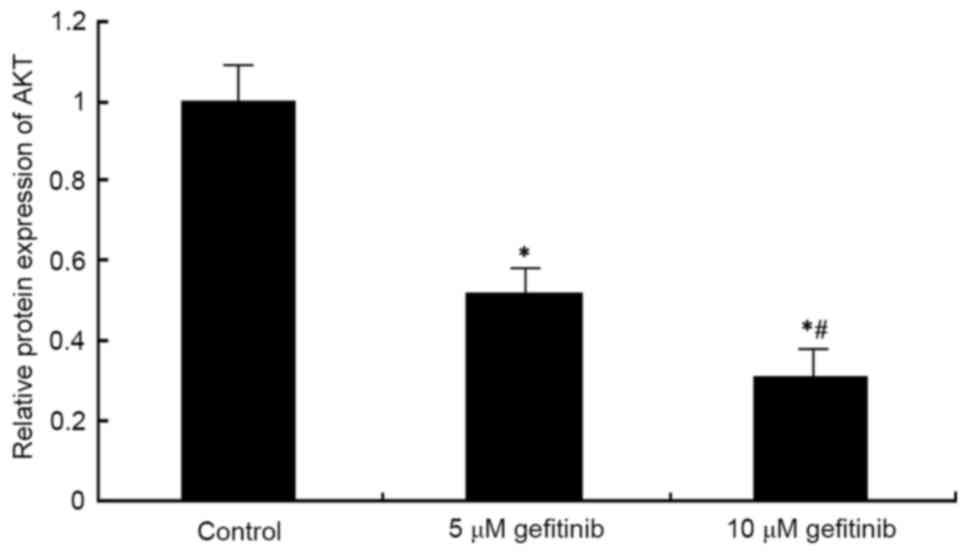|
1
|
Whiteman DC, Green AC and Olsen CM: The
growing burden of invasive melanoma: Projections of incidence rates
and numbers of new cases in six susceptible populations through
2031. J Invest Dermatol. 136:1161–1171. 2016. View Article : Google Scholar : PubMed/NCBI
|
|
2
|
Soura E, Eliades PJ, Shannon K, Stratigos
AJ and Tsao H: Hereditary melanoma: Update on syndromes and
management: Emerging melanoma cancer complexes and genetic
counseling. J Am Acad Dermatol. 74:411–420. 2016. View Article : Google Scholar : PubMed/NCBI
|
|
3
|
Chen H, Cai Y, Liu Y, He J, Hu Y, Xiao Q,
Hu W and Ding K: Incidence, surgical treatment, and prognosis of
anorectal melanoma from 1973 to 2011: A population-based SEER
analysis. Medicine (Baltimore). 95:e27702016. View Article : Google Scholar : PubMed/NCBI
|
|
4
|
Carter JH, Deddens JA, Spaulding NR IV,
Lucas D, Colligan BM, Lewis TG, Hawkins E, Jones J, Pemberton JO,
Douglass LE and Graff JR: Phosphorylation of eIF4E serine 209 is
associated with tumour progression and reduced survival in
malignant melanoma. Br J Cancer. 114:444–453. 2016. View Article : Google Scholar : PubMed/NCBI
|
|
5
|
Oba J, Nakahara T, Hashimoto-Hachiya A,
Liu M, Abe T, Hagihara A, Yokomizo T and Furue M: CD10-equipped
melanoma cells acquire highly potent tumorigenic activity: A
plausible explanation of their significance for a poor prognosis.
PLoS One. 11:e01492852016. View Article : Google Scholar : PubMed/NCBI
|
|
6
|
Soura E, Eliades PJ, Shannon K, Stratigos
AJ and Tsao H: Hereditary melanoma: Update on syndromes and
management: Genetics of familial atypical multiple mole melanoma
syndrome. J Am Acad Dermatol. 74:395–407. 2016. View Article : Google Scholar : PubMed/NCBI
|
|
7
|
Xu X, Cao Z and Zhu H: Capsule endoscopy
in the diagnosis of an exophytic gastrointestinal stromal tumor in
the small intestine of a young adult woman: A case report. Mol Clin
Oncol. 4:268–270. 2016. View Article : Google Scholar : PubMed/NCBI
|
|
8
|
Khoja L, Atenafu EG, Ye Q, Gedye C,
Chappell M, Hogg D, Butler MO and Joshua AM: Real-world efficacy,
toxicity and clinical management of ipilimumab treatment in
metastatic melanoma. Oncol Lett. 11:1581–1585. 2016. View Article : Google Scholar : PubMed/NCBI
|
|
9
|
Ferreira AK, Pasqualoto KF, Kruyt FA,
Palace-Berl F, Azevedo RA, Turra KM, Rodrigues CP, Ferreira AC,
Salomόn MA, de Sá PL Junior, et al: BFD-22 a new potential
inhibitor of BRAF inhibits the metastasis of B16F10 melanoma cells
and simultaneously increased the tumor immunogenicity. Toxicol Appl
Pharmacol. 295:56–67. 2016. View Article : Google Scholar : PubMed/NCBI
|
|
10
|
You Z, Zhou Y, Guo Y, Chen W, Chen S and
Wang X: Activating transcription factor 2 expression mediates cell
proliferation and is associated with poor prognosis in human
non-small cell lung carcinoma. Oncol Lett. 11:760–766. 2016.
View Article : Google Scholar : PubMed/NCBI
|
|
11
|
Wang C, Chen YW, Zhang L, Gong XG, Zhou Y
and Shang DJ: Melanoma cell surface-expressed phosphatidylserine as
a therapeutic target for cationic anticancer peptide,
temporin-1CEa. J Drug Target. 24:548–556. 2016. View Article : Google Scholar : PubMed/NCBI
|
|
12
|
Ogawara K, Shiraishi T, Araki T, Watanabe
T, Ono T and Higaki K: Efficient anti-tumor effect of photodynamic
treatment with polymeric nanoparticles composed of polyethylene
glycol and polylactic acid block copolymer encapsulating
hydrophobic porphyrin derivative. Eur J Pharm Sci. 82:154–160.
2016. View Article : Google Scholar : PubMed/NCBI
|
|
13
|
Zhao X, Sun B, Liu Y, Zhang D, Liu Z, Zhao
X, Gu Q, Han C, Dong X, Che N, et al: Linearly patterned programmed
cell necrosis induced by chronic hypoxia plays a role in melanoma
angiogenesis. J Cancer. 7:22–31. 2016. View Article : Google Scholar : PubMed/NCBI
|
|
14
|
Lai YW, Wang SW, Chang CH, Liu SC, Chen
YJ, Chi CW, Chiu LP, Chen SS, Chiu AW and Chung CH: Butein inhibits
metastatic behavior in mouse melanoma cells through VEGF expression
and translation-dependent signaling pathway regulation. BMC
Complement Altern Med. 15:4452015. View Article : Google Scholar : PubMed/NCBI
|
|
15
|
Amin DN, Bielenberg DR, Lifshits E,
Heymach JV and Klagsbrun M: Targeting EGFR activity in blood
vessels is sufficient to inhibit tumor growth and is accompanied by
an increase in VEGFR-2 dependence in tumor endothelial cells.
Microvasc Res. 76:15–22. 2008. View Article : Google Scholar : PubMed/NCBI
|
|
16
|
Livak KJ and Schmittgen TD: Analysis of
relative gene expression data using real-time quantitative PCR and
the 2(-Delta Delta C(T)) method. Methods. 25:402–408. 2001.
View Article : Google Scholar : PubMed/NCBI
|
|
17
|
Wheatley K, Wilson JS, Gaunt P and Marsden
JR: Surgical excision margins in primary cutaneous melanoma: A
meta-analysis and Bayesian probability evaluation. Cancer Treat
Rev. 42:73–81. 2016. View Article : Google Scholar : PubMed/NCBI
|
|
18
|
Gershenwald JE and Guy GP Jr: Stemming the
rising incidence of melanoma: Calling prevention to action. J Natl
Cancer Inst. 108:djv3812015.PubMed/NCBI
|
|
19
|
Zhang ZQ, Han YZ, Nian Q, Chen G, Cui SQ
and Wang XY: Tumor invasiveness, not lymphangiogenesis, is
correlated with lymph node metastasis and unfavorable prognosis in
young breast cancer patients (≤35 years). PLoS One.
10:e01443762015. View Article : Google Scholar : PubMed/NCBI
|
|
20
|
Naruse T, Yanamoto S, Yamada SI, Takahashi
H, Matsushita Y, Imayama N, Ikeda H, Shiraishi T, Fujita S, Ikeda
T, et al: Immunohistochemical study of vascular endothelial growth
factor-C/vascular endothelial growth factor receptor-3 expression
in oral tongue squamous cell carcinoma: Correlation with the
induction of lymphangiogenesis. Oncol Lett. 10:2027–2034. 2015.
View Article : Google Scholar : PubMed/NCBI
|
|
21
|
Wang L, Li HG, Wen JM, Peng TS, Zeng H and
Wang LY: Expression of CD44v3, erythropoietin and VEGF-C in gastric
adenocarcinomas: Correlations with clinicopathological features.
Tumori. 100:321–327. 2014. View Article : Google Scholar : PubMed/NCBI
|
|
22
|
Cho JH, Robinson JP, Arave RA, Burnett WJ,
Kircher DA, Chen G, Davies MA, Grossmann AH, VanBrocklin MW,
McMahon M and Holmen SL: AKT1 activation promotes development of
melanoma metastases. Cell Rep. 13:898–905. 2015. View Article : Google Scholar : PubMed/NCBI
|















